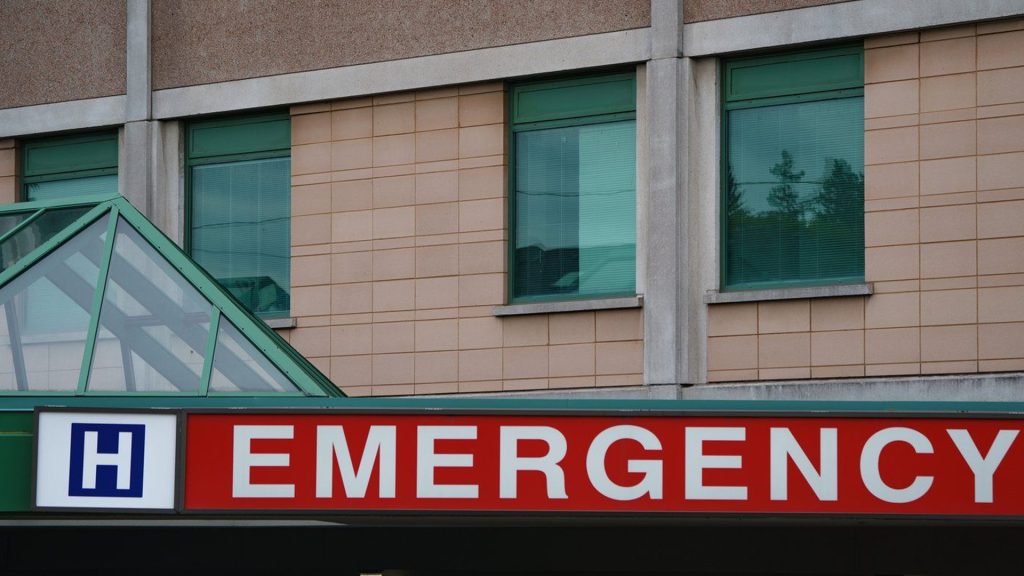Canada preps 800 troops for possible deployment to Haiti
Posted January 15, 2010 4:54 pm.
This article is more than 5 years old.
The Canadian army has put 800 troops on standby for possible peacekeeping deployment to Haiti, according to a report by The Canadian Press, Friday.
The soldiers would be drawn from Canadian Forces Base Valcartier, Que.
Meanwhile, Ottawa’s list of 1,415 Canadians missing in Haiti is a roll of anguish for families across the country.
Hundreds of Canadians are still missing in Haiti, despite ramped-up efforts to dig through rubble and follow up on tips from anxious families back home, Foreign Affairs Minister Lawrence Cannon told a morning briefing.
“It doesn’t mean, obviously, that these people are trapped in one way or another in the debris,” Cannon said. “It just means that we have not yet been able to contact them.”
Ottawa is working with information garnered from 16,400 phone calls to its operations room at the Department of Foreign Affairs in order to figure out who is missing and try to find them. It’s also relying on a list of Canadians who formally registered with the embassy in Haiti.
And Ottawa has beefed up consular staff in both Port-au-Prince and nearby Santo Domingo to help in the effort to find the missing, Cannon added.
The military has already flown 272 Canadians home, but 50 others were still being sheltered at the Canadian embassy in Haiti, with 50 more housed elsewhere.
The official Canadian death toll remained at four, with 13 others injured.
While consular staff focused on the effort to help Canadians, Canada’s role in the broader relief operation was growing.
Defence Minister Peter MacKay said the military had flown in rescue equipment, humanitarian supplies and RCMP and military police officers.
“The Canadian Forces have made good progress in establishing a footprint for staging search and rescue operations, relief efforts and aid delivery,” MacKay said.
Four more flights on Friday carried more people from the military disaster response team as well as six G-wagons, which are armoured SUVs.
The longer-term plan is to send two big C-17 transports every day, with smaller C-130 Hercules aircraft making three flights every two days.
Two Canadian warships, HMCS Athabaskan and HMCS Halifax are expected to arrive in four days or so, with additional relief equipment.
“The primary goal right now, in addition to delivering food and water, is assisting in the search for those buried under the rubble,” MacKay said.
But Canada is only one of many countries involved in the rescue effort, and logistics are proving to be a challenge, especially with so much communications equipment destroyed in Tuesday night’s quake.
The Quebec government fell victim to faulty information, telling the public on Thursday that ex-federal MP Serge Marcil had been found alive in Haiti, only to have to backtrack on Friday.
Ottawa is co-ordinating its rescue work closely with United Nations officials in New York and Haiti, and is also seeking some leadership from the Haitian government. Brazil is taking a key role in policing, and the United States is working on air-traffic control and telecommunications.
As for money, Ottawa is trying to take a lead in organizing the international aid effort. The aim is to set up a conference of major international donors in order to ensure the hundreds of millions of dollars pouring forth are focused on the long-term development needs of the impoverished country, Cannon said.
Cannon and MacKay both expressed condolences to the family of an RCMP officer killed in the quake.
Sgt. Mark Gallagher’s body was discovered in the wreckage of his quarters in Port-au-Prince.
A Haitian government official has estimated the death toll has reached more than 100,000, with thousands more at risk of thirst, hunger and disease.










